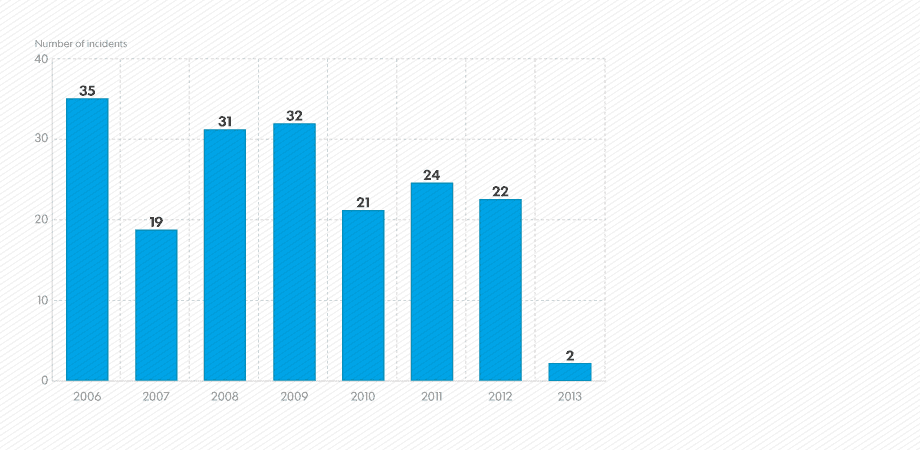I would usually argue that both Israel and Switzerland have relatively small, homogeneous populations, however,
Eleven of the 20 worst mass shootings in the last 50 years took place in the United States. In second place is Finland, with two entries

I thought socialist Finland was perfect, with LOTS of publically funded psychiatric care...



